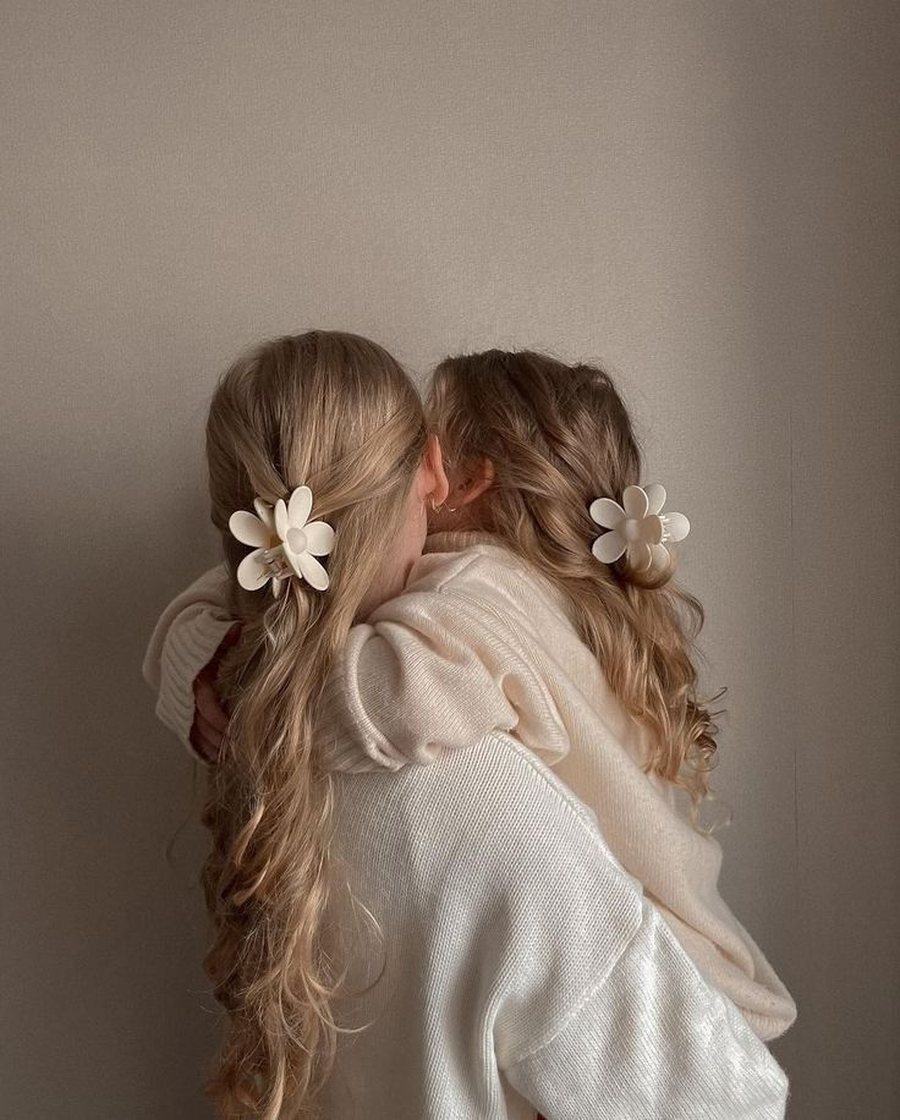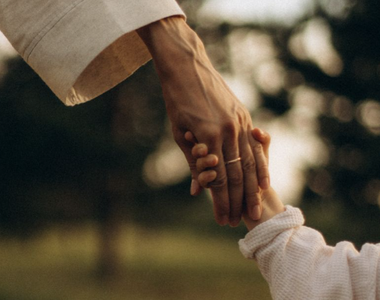
I spoke to a psychologist and what I learned left me speechless. Most parents don't intend to hurt their children, but it often happens - without even realizing it.
Every period of childhood brings with it a fundamental need. And when that need is not met, the child doesn't simply forget it over time. He carries it with him, for his entire life.
0-1 years old: "Can I trust the world?"
When a baby cries and no one responds, the baby learns: “No one will come for me.” This silence turns into anxiety. But when someone comes, holds him in his arms and soothes him - the world becomes a safe place.
1-3 years old: "I want to do it myself!"
If their every move is criticized, interrupted, or you try to change it, the child begins to doubt themselves. Later, they will be afraid to act without approval.
3-6 years old: “I'm a cat! I'm a doctor! I'm a superhero!”
It's not just a game, it's the creation of an identity. If you support it, it will grow bolder. If you mock it or ignore it, it will close in on itself. This is how self-confidence and imagination "fade".
6-11 years old: “I want to be good at something. I want to be valuable.”
Learn to value the effort, not just the result. Because if love and appreciation only come with success, he/she will stop trying if he/she is not sure he/she will win and will think: “If I am not the best, I am not worth it.”
11-18 years old: "Who am I really?"
This is not the “difficult age.” It is the age of formation. Rebellions, strange phases, opposition, are all part of growing up. Your job is not to create a “perfect child,” but to be there for your child as they discover who they really are.
Remember: just because a child doesn't remember everything, doesn't mean you can behave however you want. Their body and brain do.
Calm down. You don't have to be a perfect parent. Just be a parent who listens, understands, and learns.
- Written by @momslife.ca/ Instagram; translated and adapted by Anabel.









